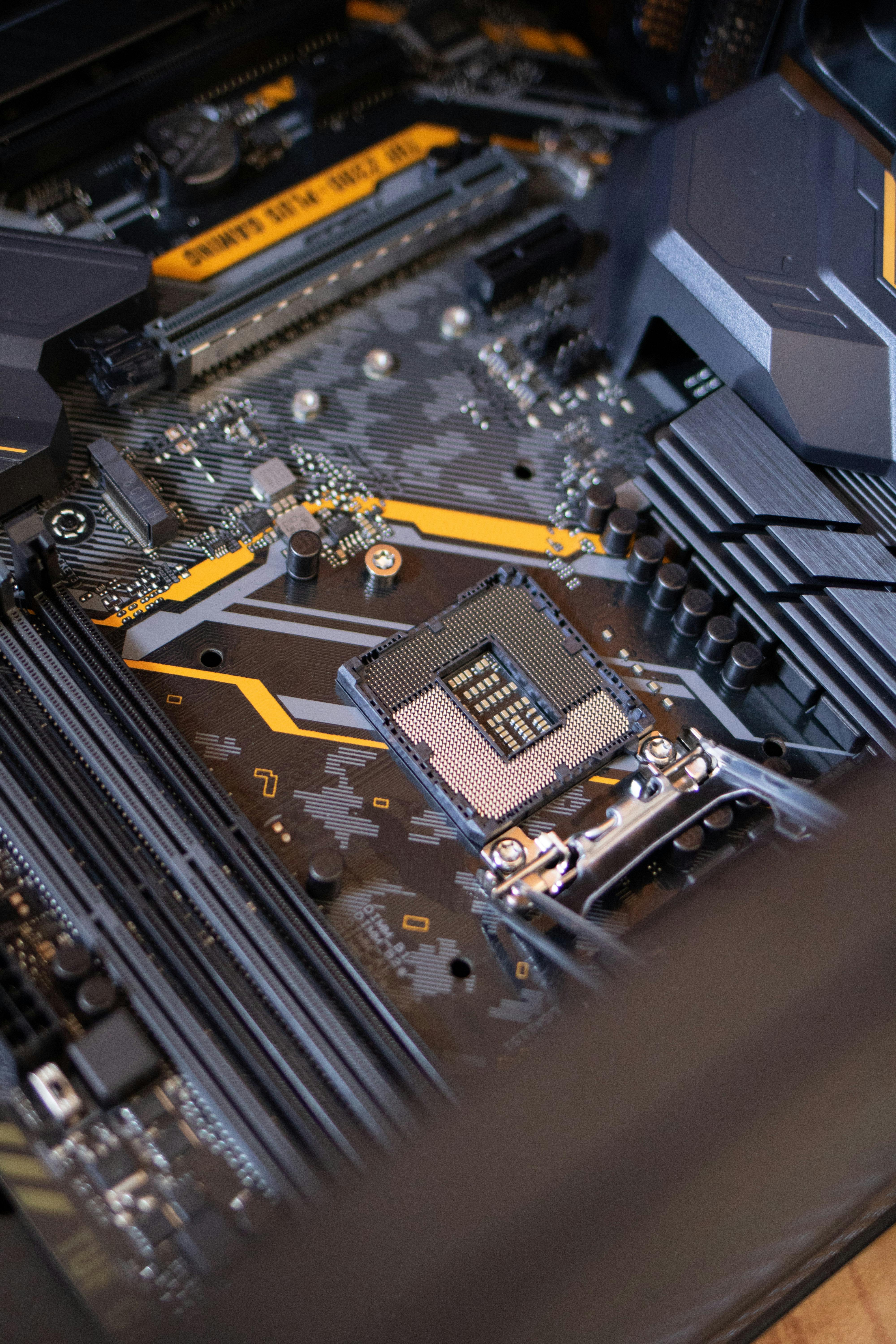DevRel and Future Technologies
 Paschal Anaedu
Paschal Anaedu
As of March 2025, several future technology industries are showing significant promise and growth. These include:
* Artificial Intelligence (AI) and Machine Learning (ML): AI continues to permeate various sectors, from healthcare and finance to manufacturing and transportation. Expect to see advancements in generative AI, reasoning AI models, and the expansion of AI in cybersecurity and edge computing.
* Quantum Computing: This field is rapidly evolving, with companies making strides in qubit processor development and exploring practical applications in drug discovery, materials science, and complex problem-solving. Quantum-as-a-service models are also increasing accessibility.
* Extended Reality (XR): Encompassing Virtual Reality (VR) and Augmented Reality (AR), XR is finding applications in education, entertainment, training simulations, and even remote work collaboration. Advancements in hardware and more accessible devices are driving growth.
* Internet of Things (IoT): The network of connected devices is expected to expand significantly, impacting industries like manufacturing (IIoT), smart cities, logistics, agriculture, and healthcare with wearable health monitors.
* Biotechnology: Fueled by AI advancements, biotechnology is seeing breakthroughs in personalized medicine, drug discovery, gene editing, and synthetic biology, with applications in healthcare and agriculture.
* Green Energy Technologies: With a growing focus on sustainability, innovations in renewable energy (solar, wind, geothermal), carbon capture, and green manufacturing are gaining momentum.
* 5G and 6G Expansion: The continued rollout of 5G networks and early developments in 6G promise faster connectivity, lower latency, and the convergence of fields like robotics and cloud computing.
Company and Product Highlight: Quantum Computing - IBM Quantum
IBM has been a long-standing leader in the technology industry and is making significant investments and advancements in quantum computing.
Why IBM Quantum?
* Hardware Innovation: IBM has consistently pushed the boundaries of quantum hardware, having developed processors with an increasing number of qubits. Their focus includes improving qubit coherence and reducing error rates, critical steps towards achieving practical quantum computation. In early 2025, they highlighted advancements in error mitigation strategies, bringing them closer to achieving quantum advantage.
* Software and Ecosystem: IBM provides a comprehensive quantum computing ecosystem. Their open-source Qiskit software development kit is widely used by researchers, developers, and educators to program and experiment with quantum algorithms. They also offer cloud-based access to their quantum hardware through IBM Quantum Experience, making quantum computing resources accessible to a broader audience.
* Real-world Applications: IBM is actively exploring and developing quantum algorithms and applications across various industries, including finance, materials science, optimization, and artificial intelligence. They are working with partners and clients to identify and solve problems that have the potential to be significantly accelerated by quantum computing.
* Long-Term Vision: IBM has a clear roadmap for advancing its quantum technology, focusing on scaling the number of qubits, improving their quality, and developing fault-tolerant quantum computers. Their commitment to the field is evident through substantial research and development efforts and strategic partnerships.
First Steps to Apply for a DevRel Role at IBM Quantum
If I were to apply for a Developer Relations (DevRel) role at IBM Quantum, here are the initial steps I would take:
* Deep Dive into IBM Quantum:
* Explore their offerings: Thoroughly understand IBM's quantum hardware (types of processors, qubit count, architecture), software (Qiskit, cloud platform), and services. Experiment with the Qiskit SDK if possible, even by running basic quantum circuits or tutorials.
* Study their documentation and learning resources: Familiarize myself with their API documentation, tutorials, sample code, and educational materials aimed at developers.
* Follow their research and publications: Stay updated on IBM's latest research breakthroughs, publications, and blog posts related to quantum computing. Understand their current focus areas and future directions.
* Engage with their community: Explore IBM Quantum's community forums, social media channels, and any developer events or webinars they host to understand the community's needs and interests.
* Showcase Relevant Skills and Experience:
* Highlight technical proficiency: Emphasize any background in quantum computing concepts, linear algebra, Python programming (essential for Qiskit), and cloud computing. Even if my quantum knowledge is introductory, demonstrating a strong aptitude for learning technical concepts is crucial.
* Demonstrate communication and content creation abilities: Showcase any experience in writing technical blog posts, creating tutorials, giving presentations, or engaging with developer communities in previous roles or personal projects. If I've contributed to open-source projects or created technical content related to quantum computing (even if using other platforms), I would highlight that.
* Emphasize community engagement: If I have experience in building or participating in developer communities, organizing meetups, or contributing to forums, I would make sure to showcase these skills.
* Tailor My Application:
* Research the specific DevRel role: Carefully review the job description for the IBM Quantum DevRel position and understand the specific responsibilities and requirements.
* Customize my resume and cover letter: Highlight the skills and experiences that directly align with the requirements of the role and IBM Quantum's focus. Explain my passion for quantum computing and why I am a good fit for their team.
* Develop a portfolio (if applicable): If I have relevant projects, articles, or presentations, I would compile them into a portfolio to showcase my abilities. This could include quantum computing experiments with Qiskit, blog posts explaining quantum concepts, or presentations on related topics.
* Networking (if possible):
* Connect with IBM employees on LinkedIn: Reach out to people working in developer relations or quantum computing at IBM to learn more about their work and the company culture.
* Attend industry events: If there are any relevant quantum computing or developer conferences, attending them could provide opportunities to network with IBM representatives.
By taking these steps, I would aim to demonstrate my understanding of the quantum computing landscape, my relevant skills for a DevRel role, and my genuine interest in contributing to IBM Quantum's mission.
Subscribe to my newsletter
Read articles from Paschal Anaedu directly inside your inbox. Subscribe to the newsletter, and don't miss out.
Written by
